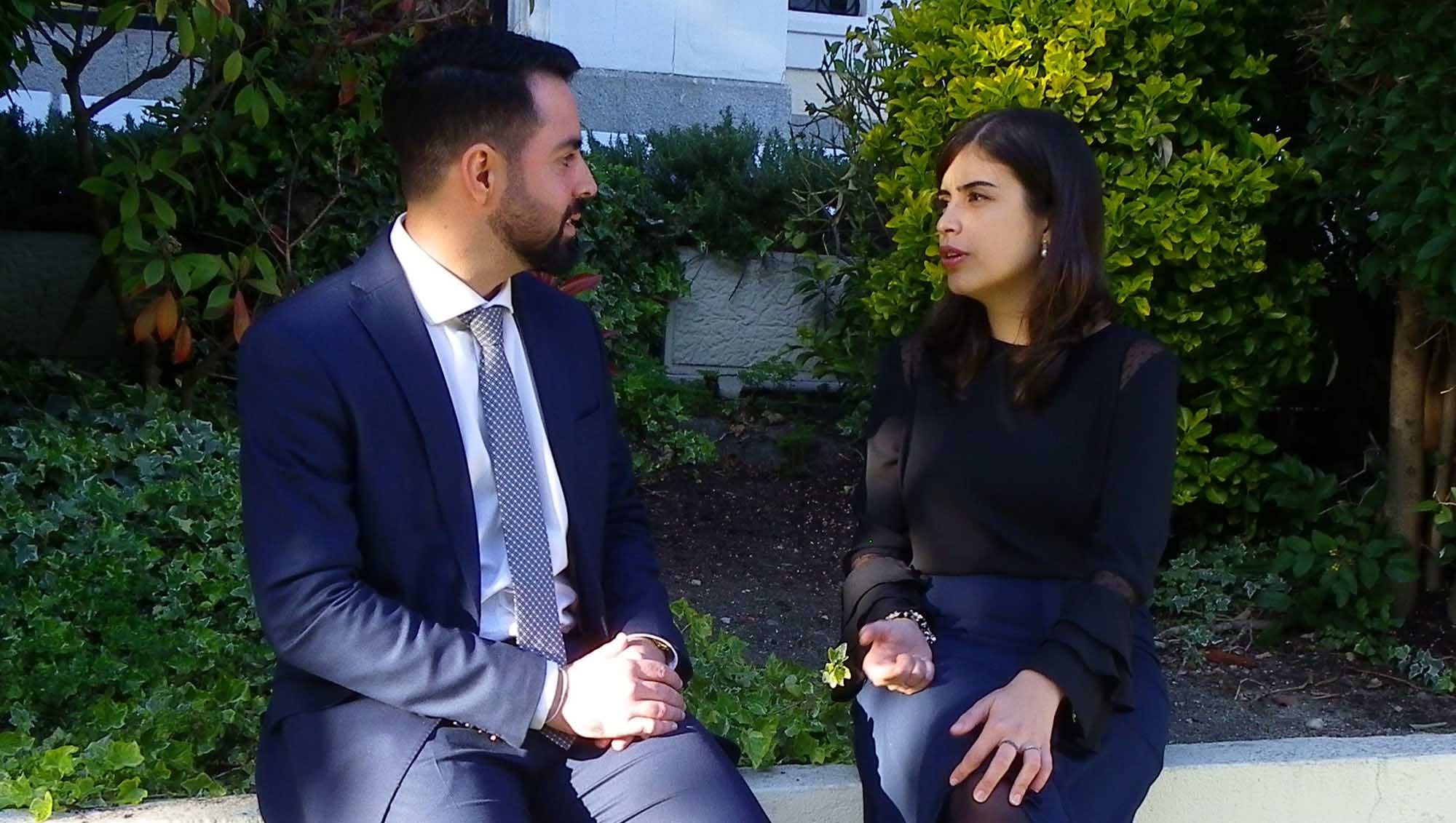Leonardo Campos: Tabata, it’s a pleasure to have you here at IE Business School. Let’s start by talking about your background, in particular some of the obstacles to education that you faced while growing up. How did you beat the odds?
Tabata Amaral: Because of the difficulties I faced—and perhaps even more so, because of the opportunities I had—I was able to see Brazilian inequality from both sides. Thanks to a scholarship, I was able to attend a private school. It was there that someone first asked me what I wanted to do after I graduated, and I realized that I wanted to go to university. Nobody had ever asked me that before, because no one around me had been good enough to finish high school. So that’s how I ended up getting scholarship offers from six American universities and going to Harvard.
This shows just how big an impact education can have on a person’s life. But the people around me faced very different realities—not because they didn’t try hard enough, or because they weren’t smart, but because they didn’t have the same opportunities. I lost my father to drug addiction. I’ve lost friends and neighbors to crime and violence. When you’ve experienced inequality so intensely, you feel the urge to do something. That’s why I decided to become an education activist. I realized that if I really wanted to change Brazilian education, I had to change politics as well.
Leonardo Campos: How would you compare the basic education policies of Brazil, Latin America, and the rest of the world?
Tabata Amaral: That’s a tough question. In Brazil, we’ve overcome a lot of difficulties—high inflation, the dictatorship, etc.—and now nearly all Brazilian children attend school. But we are still one of the lowest-ranked countries in education. There are two main reasons for this. First, even though the rate of school attendance is now very high, the quality is still very low and we haven’t invested enough. And second, the Brazilian education system is mainly controlled by governors, mayors, etc. In fact, education is Brazil’s number-one employer. We haven’t had the courage or the political strength to really change our education system, because the population hasn’t demanded it. So we’re trapped where we are, and the people who do have access to quality education need to speak up and say that this is important and worth fighting for.
I think companies should pressure the government to equip students with the skills they will need in the workforce and take steps to change the public debate.
Leonardo Campos: Let’s talk about new technologies, digital transformation, and industry 4.0. Do you think these technological changes are going to facilitate access to basic education, or will they actually widen the gap?
Tabata Amaral: Technology is a very powerful tool that we can use to bring quality education to more people. There’s one very inspiring case that took place in Amazonas. Some schools in remote parts of the state were so inaccessible that the children would go for months without a teacher. So they set up a satellite system so that the best teachers in Manaus—the capital city—could give classes, with a community teacher on hand to help the students in person.
But technology alone will not solve all of our problems, and we’re not paying enough attention to how technology is changing the world. If we do nothing, 11 years from now there will be an estimated 2 billion unemployed people without a place in society. I cannot imagine any greater disparity. Technology can be a powerful tool, but if we’re not careful, it will only increase inequality.
Leonardo Campos: You’ve played leadership roles in civil society through an NGO called Mapa Educação—which means “Education Map”—and now in the public sphere as a congresswoman. How do you think business could play a more active role in providing high-quality basic education?
Tabata Amaral: Some people like to point out that education doesn’t increase productivity in Brazil, but this is because the quality of education is what increases productivity. Generally speaking, the business sector has not played an active role in Brazil like it does in other countries. I think companies should pressure the government to equip students with the skills they will need in the workforce and take steps to change the public debate.
Technology is a very powerful tool that we can use to bring quality education to more people.
Leonardo Campos: Finally, as a young woman and leader, what sorts of challenges do you face on a regular basis, and what are your tactics for overcoming them? What would you say to inspire other young women in leadership positions to become agents of change?
Tabata Amaral: As soon as I launched my first campaign last year, people started asking me if I was really a candidate and if I had some sort of certificate to prove it. I tried to laugh it off and acknowledge that it’s not very common to see someone like me in the political sphere. I don’t come from the right place, I’m not a man, I’m too young, etc.—but it’s not forbidden for me to be here. It’s not written anywhere that I can’t run for office. We’re doing lots of good things, but every couple of days something will remind me just how odd it is for someone like me to be there.
It’s not easy. I’ve been called stupid more often in the few weeks since I took office than in my entire life before that. Ultimately, the important thing is to be there. There are a lot of young girls who see me and think that they could do the same thing. To them I would say: Yes, some people think this isn’t the place for us, and it will be hard to win their support. But it’s not written in stone that we can’t do it.
Leonardo Campos: That’s a beautiful sentiment. Tabata, it has been very inspiring to listen to you. Keep up the good work and keep inspiring people.
Tabata Amaral: Thank you so much. Let’s keep doing our part to change the world.
© IE Insights.











